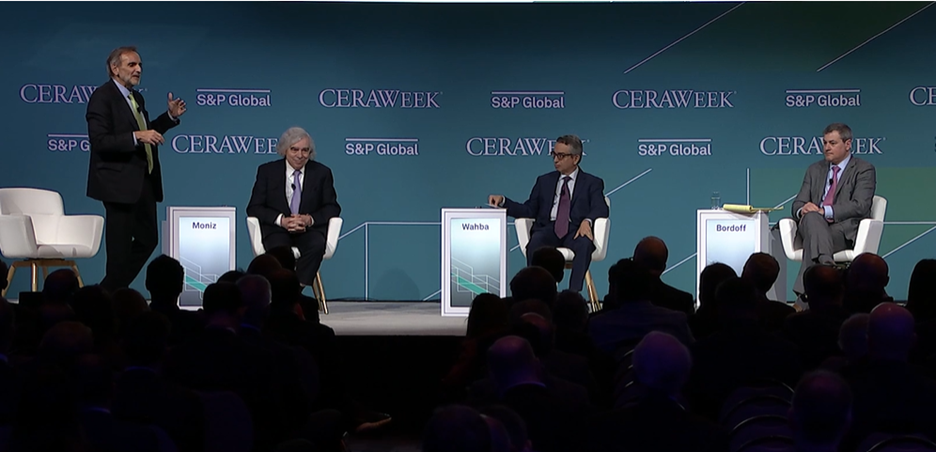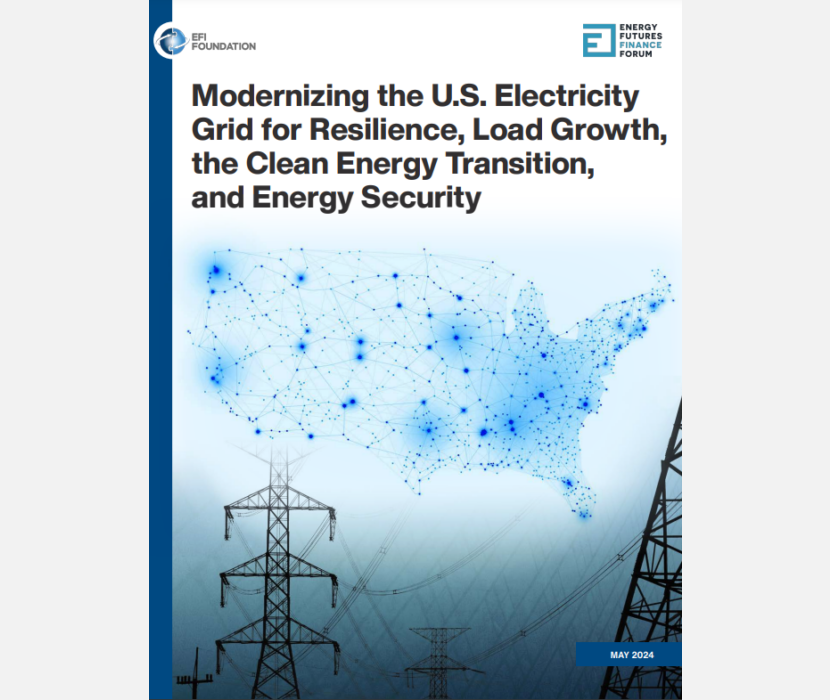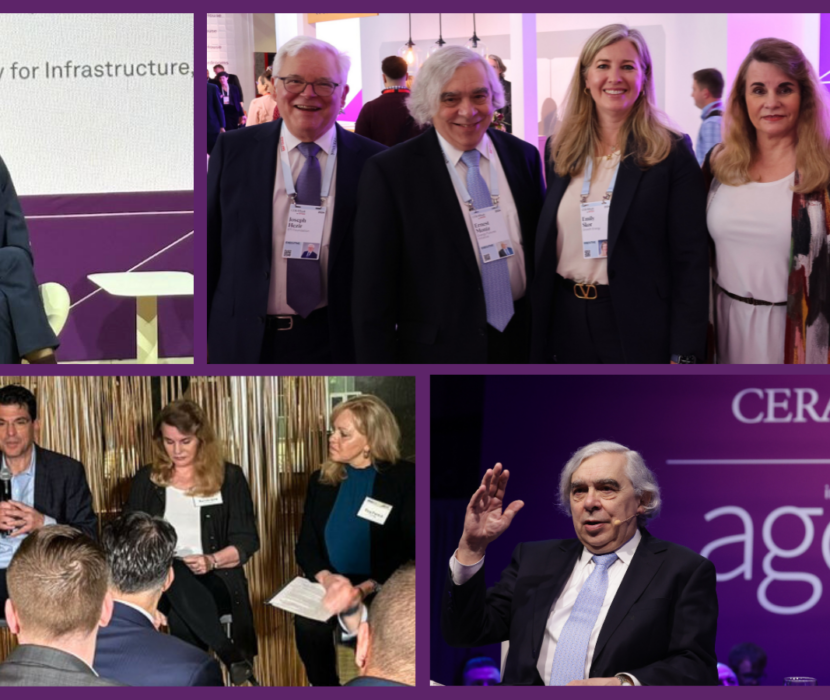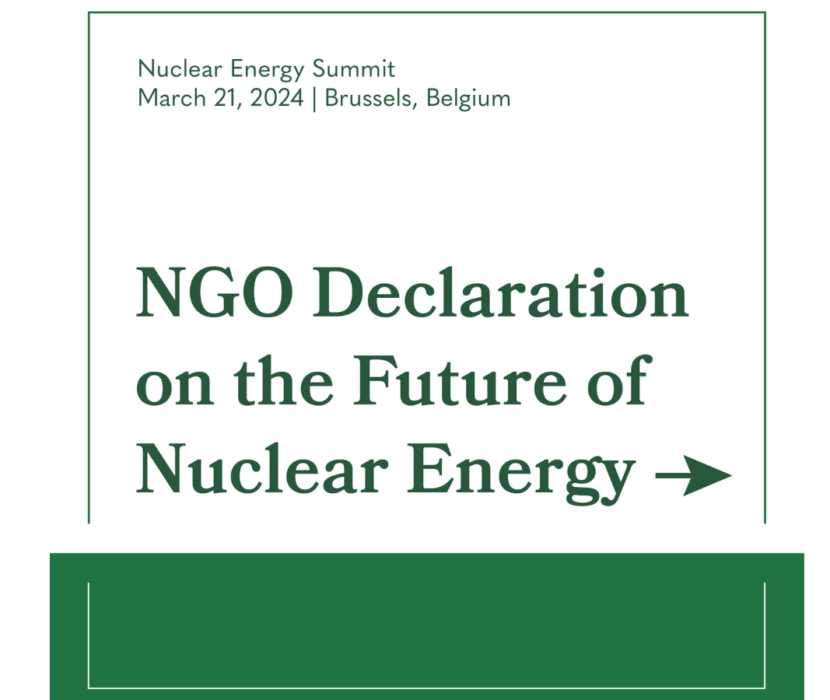
In March 2023, EFI Foundation CEO Ernest Moniz spoke at a CERAWeek 2023 panel discussion on “The Geopolitics of Energy Security and Transition,” highlighting the fundamental need to make common progress on global supply chain resilience as the world works to decarbonize and improve energy security.
Moderated by Carlos Pascual of S&P Global Commodity Insights, the panel also featured Jason Bordoff of Columbia University’s Center on Global Energy Policy and Sadek Wahba of I Squared Capital. CERAWeek is an annual energy conference hosted by S&P Global in Houston and this year convened leaders and participants to explore the theme of “Navigating a Turbulent World: Energy, Climate, and Security.”
Geopolitical issues present a host of challenges for efforts to address climate change and transition to clean energy—but Moniz said that competition can drive action. Speaking about the relationship between the United States and China, Moniz said that the two countries will likely continue to grow more competitive.
“There is no durable, low-carbon transition solution obviously without China, the United States, but also other major emitting parts of the world…. We all have to be part of the solution,” Moniz said. “The China-U.S. relationship I don’t think is going to evolve in a dramatic way in terms of reaching a level of technology sharing, for example, or knowledge sharing.”
Moniz emphasized that it was competition with China, in fact, that motivated bipartisan support in the U.S. Congress for the Inflation Reduction Act and the Bipartisan Infrastructure Law. Both pieces of legislation include industrial policy provisions to encourage greater clean energy production in the United States.
Speaking about the new laws and opposition to them in Europe from some trading partners, Moniz said, optimistically, “I’m going to argue that all of this is actually the early stages of a necessary discussion to improve supply chain hygiene. This is not about China or Russia specifically.”
He noted that global supply chains necessary for the energy transition—such as natural gas, critical minerals, and metals—all lack resilience. He reiterated the need for common progress to improve supply chain efficiency and responsiveness, with or without direct cooperative efforts, as the world seeks to improve energy security and reduce emissions in the face of climate change.
“We have a real job to do, all of us, to improve our supply chains,” said Moniz. “And that inevitably will come into the U.S.-China relationship. Because, frankly, we have allowed some supply chains to become rather unhealthy.”
Watch the video: The Geopolitics of Energy Security and Transition.
–Adrienne Young, Senior Communications Lead
(Share this post with others.)




